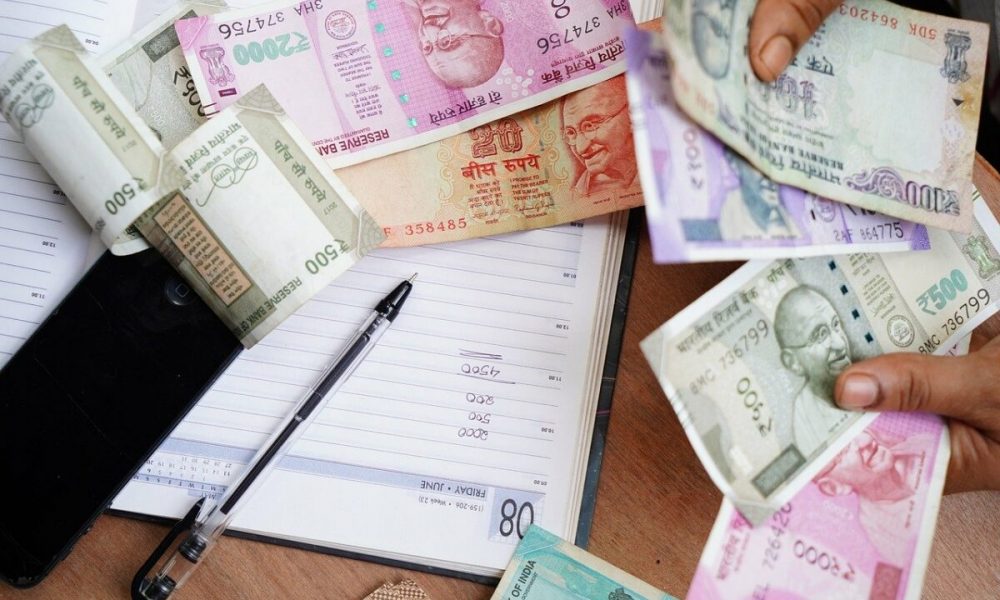The Indian cryptocurrency industry has seen rapid growth in recent times despite a lack of clarity on regulation at the national level, and in fact, the industry is expected to grow over time.
In fact, a research report compiled by NASSCOM and WazirX estimated that the country's crypto industry could reach $241 million by 2030, with the global industry reaching $2.3 billion by 2026.
NASSCOM Chairman Devjani Ghosh said:
“The Indian crypto industry is not only demonstrating positive impact at the grassroots level but is also emerging as one of the fastest growing technology sub-sectors.”
He added,
“India offers the most unique ecosystem for crypto technology to play a transformative role in strengthening key priority areas like healthcare, security, digital identity, trade and finance, and remittances, and addressing the challenges posed by the pandemic.”
With the price of Bitcoin hitting new all-time highs a few months ago, it's no surprise that cryptocurrency adoption has skyrocketed. But what is surprising is the growing interest in cryptocurrencies from banks. Banks around the world are becoming more comfortable investing in cryptocurrencies, and several banks in the US, Europe and Asia are building blockchain-based systems to enable B2B cryptocurrency payments between their customers.
Unfortunately, the same is not true for Indian banks, who have acted in accordance with the central bank’s warnings and advice to avoid cryptocurrency payments.
Still, the report notes that the sector holds huge potential for India, especially with young people increasingly joining this new investment option.
Bitcoin, Ethereum and MATIC are the most sought-after currencies by this growing group of investors looking to make big profits with small investments. Part of what makes them so appealing is the ability for investors to buy fractions of cryptocurrencies at a comfortable amount.
Moreover, the report states that around 60% of Indian states have emerged as crypto-adopting states with over 15 million retail investors. This has led to more crypto startups. Currently, there are over 230 startups already active in India. With more companies coming on board, India could grow twice as fast and create over 800,000 jobs by 2030.
It also added that it could generate $184 billion in economic value added in the form of investment and cost savings.
These figures suggest that the crypto industry has the potential to strengthen the country's economy through innovation and job creation, but only if governments and central banks work together to clarify existing regulations without stifling innovation.
According to Ghosh,
“A consultative and facilitative regulatory approach to crypto technology can help foster the growth of the crypto ecosystem and innovation in India.”

